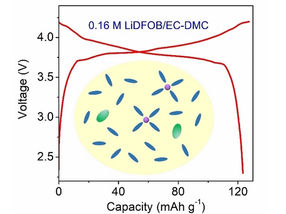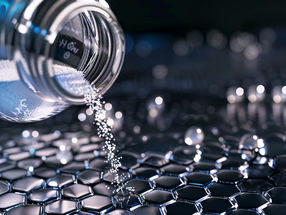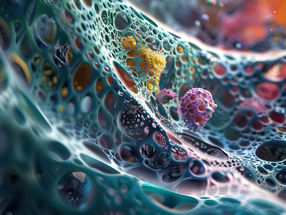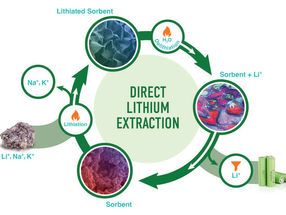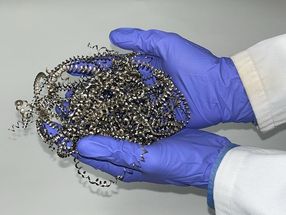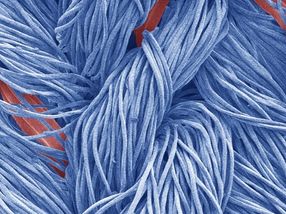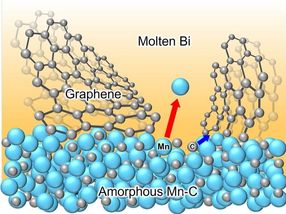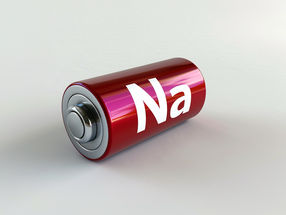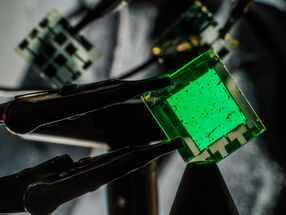Moving the MRI goalposts
Scientists in the UK have developed a new class of MRI (magnetic resonance imaging) agents that promise to deliver clearer images more quickly.
Chemical shifts from proton NMR normally fall between 0-12ppm, but water and fat resonate at 4.7 and 1.3ppm respectively, causing noise that can overlap with MRI probe signals.
Now, David Parker and his team at the University of Durham have developed new probes, comprised of lanthanide complexes containing a t-butyl group, that shift the spectral window of MRI scans well away from these interfering signals. Parker describes this concept as “moving the goalposts.”
He said: “In any NMR experiment you are chasing sensitivity. We have enhanced the intrinsic ability to observe an MRI probe signal by a factor of 20.”
The distance between the lanthanide and the t-butyl group in the probes is fixed to optimise the rate of decay of the t-butyl signal, as well as its chemical shift. Using the new probes, the researchers were able to acquire data just a few minutes after administering them. They showed that the signal from the lanthanide-induced relaxation of the nine protons in the t-butyl group was shifted by up to 80ppm.
Parker says the new probes could lead to the development of new imaging experiments where the probes can be localised for defined periods of time in particular regions of the body.
Most read news
Original publication
Organizations
Other news from the department science

Get the chemical industry in your inbox
From now on, don't miss a thing: Our newsletter for the chemical industry, analytics, lab technology and process engineering brings you up to date every Tuesday and Thursday. The latest industry news, product highlights and innovations - compact and easy to understand in your inbox. Researched by us so you don't have to.


